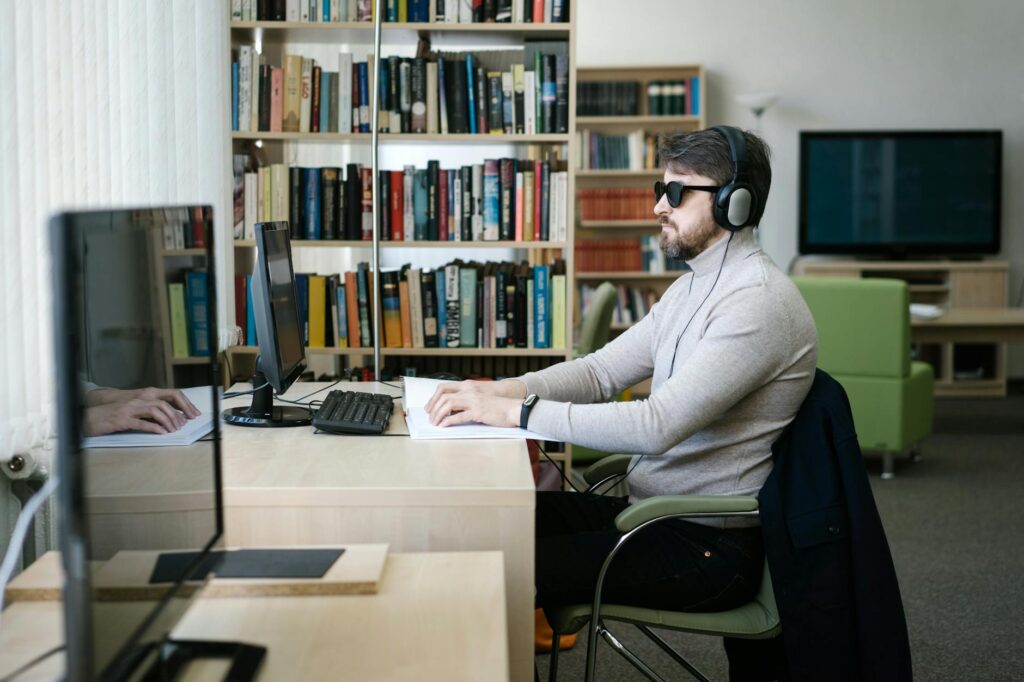What is psychoeducation?

What is psychoeducation?
Psychoeducation is more than just a buzzword in mental health; it’s a powerful tool for personal growth and emotional well-being. By offering insights into mental health conditions and strategies for coping, psychoeducation plays a crucial role in enhancing our understanding of ourselves and others. It’s like shining a light on the often confusing world of emotions, helping individuals navigate their mental health challenges more effectively.
Understanding Psychoeducation
Psychoeducation involves providing information and support to individuals and families about mental health issues and treatment options. This process is essential in fostering a deeper understanding of mental health, which can lead to better management of various conditions.
Definition of Psychoeducation
At its core, psychoeducation is the practice of educating people about psychological concepts to empower them in managing their mental health. According to Verywell Mind, it combines elements of therapy and education to help clients recognize their symptoms and equip them with coping strategies. The origins of psychoeducation can be traced back to the integration of psychology into educational settings, where the emphasis was placed on understanding behavior and emotional responses.
Core Principles of Psychoeducation
Psychoeducation is built on several key principles:
- Education: Providing clear, accurate information regarding mental health conditions, symptoms, and treatment options.
- Skill Development: Teaching coping strategies and skills that help individuals manage their mental health effectively.
- Emotional Support: Creating a supportive environment where individuals feel safe to discuss their experiences and feelings.
These principles ensure that participants gain comprehensive insights into their situations, enabling them to take control of their mental health journey.
The Role of Psychoeducation in Mental Health
The impact of psychoeducation on mental health is profound. It not only helps individuals better understand their own mental health conditions, but also enhances the support systems around them.
Benefits for Individuals
Psychoeducation can be transformative for individuals grappling with mental health issues. By understanding their conditions, they are better equipped to manage symptoms and reduce the feelings of isolation that often accompany mental illness. For instance, learning about anxiety can help someone recognize triggers and develop personalized coping strategies. Choosing Therapy highlights that psychoeducation leads to improved quality of life and increased self-awareness.
Benefits for Families and Caregivers
Families and caregivers also benefit significantly from psychoeducation. With a better grasp of mental health conditions, they can provide more effective support. This understanding fosters empathy and compassion, reducing the stigma often associated with mental illness. When families are educated about psychological issues, they can work together to create a supportive environment that encourages open communication and healing.
Techniques and Approaches in Psychoeducation
Psychoeducation can take various forms, ranging from group sessions to one-on-one interactions, and even digital resources.
Workshops and Group Sessions
Psychoeducational workshops and group sessions are structured environments where participants can learn together. These settings encourage discussion and collaboration, allowing individuals to share their experiences and learn from one another. Workshops often cover specific topics, such as stress management or coping strategies, providing a comprehensive educational experience.
One-on-One Sessions
Personalized psychoeducational sessions offer tailored approaches to understanding mental health. In these sessions, individuals can discuss their unique challenges and receive targeted advice. This personalized support creates a safe space for exploration and learning, making it easier to address specific needs.
Digital Psychoeducation Resources
In today’s digital age, online resources and tools play a significant role in psychoeducation. Websites, apps, and virtual workshops provide accessible information and support to individuals seeking to understand their mental health better. These resources are especially valuable for those who may not have access to traditional therapy or educational settings.

Photo by Mikhail Nilov
Psychoeducation for Personal Development
Psychoeducation not only enhances mental health awareness but also contributes to personal development.
Enhancing Productivity Through Psychoeducation
Understanding mental health can lead to improved productivity. When individuals learn about their mental health, they can identify optimal work strategies and create healthier work environments. For example, someone who understands their anxiety may implement breaks and mindfulness exercises during work hours to maintain focus and efficiency.
Improving Work-Life Balance
Psychoeducation assists individuals in achieving a better work-life balance. By recognizing the signs of burnout and stress, individuals can take proactive steps to protect their mental well-being. This understanding encourages them to set boundaries, prioritize self-care, and seek support when needed.
Conclusion
Psychoeducation is an invaluable resource for enhancing our understanding of ourselves and those around us. By learning about mental health conditions and the strategies available for managing them, we empower ourselves to lead healthier, more fulfilling lives. Whether you’re struggling with mental health challenges or simply seeking personal growth, exploring the benefits of psychoeducation can pave the way to a brighter future. Embrace this journey of knowledge and connection; you might just discover a deeper understanding of your mind and emotions.